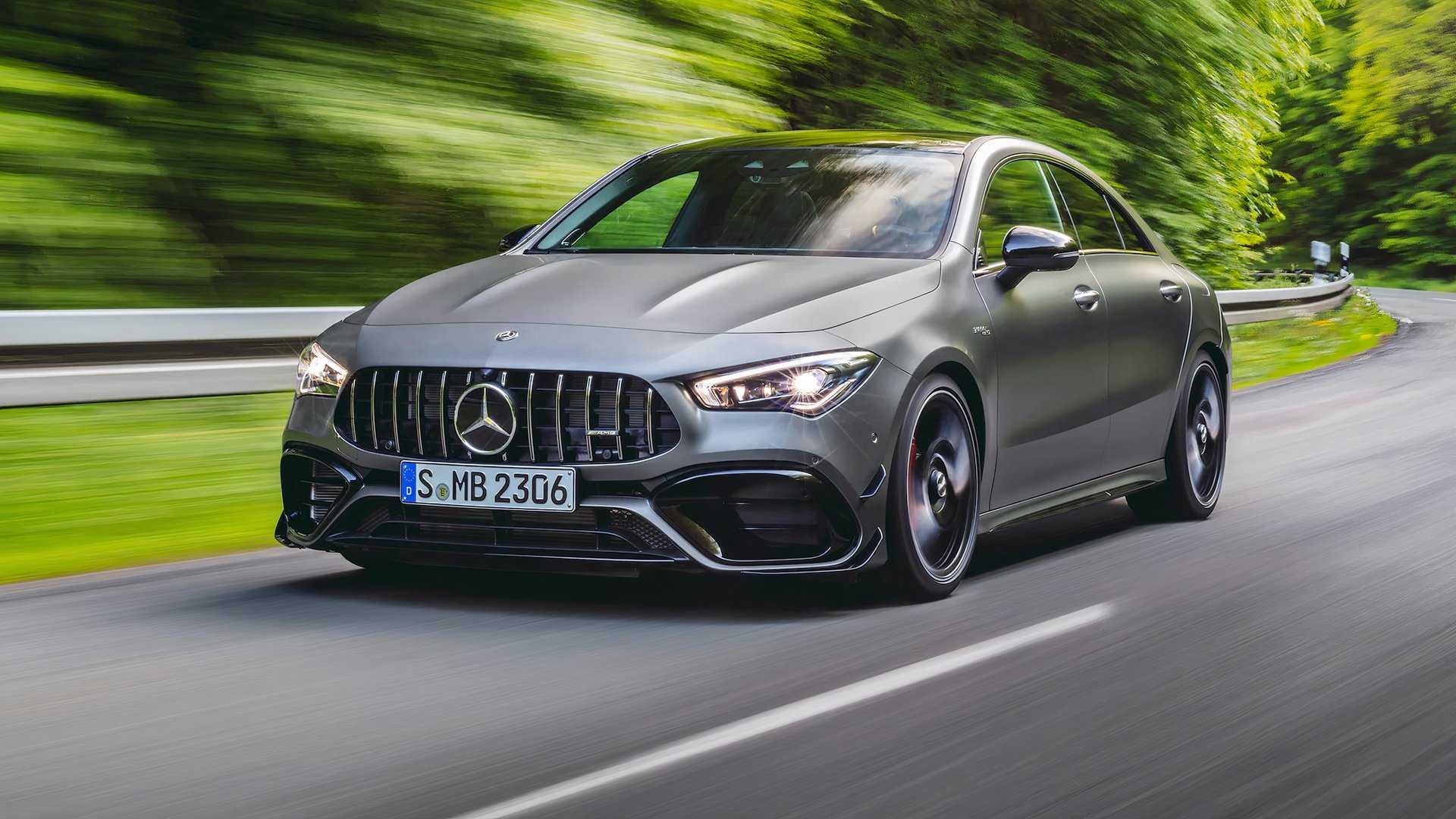Mercedes-Benz USA is apparently teaming up with several competitors to safeguard customers against significant tariff-induced cost increases, as reported AutomotiveNews . The news organization was informed through an official announcement made by Michael Miniely, the Director of Communications and Brand Experience at MBUSA. He also stated that MBUSA has decided not to increase their prices for now.
Key Takeaways
- Mercedes-Benz USA has decided not to increase car prices in order to shield consumers from significant cost increases due to Trump's automobile tariffs.
The German car manufacturer has joined an increasing number of automotive companies that are actively working to guarantee excellent customer care, even as the Trump administration imposes new tariffs. large 25% increase in import duties on all foreign vehicles and associated components Not so long ago, Hyundai Both the company and its luxury branch, Genesis, have stated they will maintain their current pricing, opting not to pass along the increased costs to customers.
Similar to others, MBUSA is continuously 'monitoring' the situation and will 'adjust' as needed.

In a request for a statement as a reaction to the tariffs , AutomotiveNews received the following message from Minielly:
We remain vigilant in tracking the situation, assessing every possible alternative, and will make adjustments as necessary to respond to shifting market dynamics and the evolving competitive environment.
- Michael Minelly, Head of Communication and Brand Experience at MBUSA
AN I also communicated with the chairperson of Mercedes-Benz’s U.S.-based dealership advisory council and the president of both Benzel-Busch Mercedes-Benz in Englewood, New Jersey, and Mercedes-Benz of Orange County in Harriman, New York—Joseph Agresta Jr. He conveyed his relief at ensuring their clientele wouldn’t be adversely affected amid ongoing geopolitical and automotive sector upheavals.
Agresta expressed his gratitude towards Mercedes-Benz USA's leadership for providing clear guidance on pricing and permitting them to communicate this message to the market, as he mentioned. AN. " Mercedes has faith in this market and relies on the dealers to assist with navigating the tariff issues as collaborators."

Even though Mercedes-Benz has its headquarters in Stuttgart, Germany, it finds itself somewhat more advantaged compared to certain other international carmakers. This advantage stems from manufacturing many of its best-selling models right here in the United States, at its production facilities. large manufacturing plant located in Vance, Alabama, within the Tuscaloosa region MBUSA set up that facility in 1995, the same year it started selling its initial generation of the W163 ML-Class.
Following this expansion, the plant now manufactures the most recent ML series iteration, which goes by the name GLE along with its coupe version, the GLE Coupe, alongside the GLS and various versions thereof. Additionally, it produces both the EQE and EQS fully electric sport utility vehicles. As for MBUSI—the manufacturing site—is recognized as America’s second biggest car exporting hub and presently supports approximately 6,300 jobs directly within Tuscaloosa. Furthermore, an estimated extra 10,000 positions indirectly tied to production activities can be found throughout the surrounding areas.
According to their most recent quarterly statement, Mercedes-Benz reported selling approximately 67,400 vehicles (not including vans) at the beginning of 2025. This marks a rise of about 1.2% compared to the corresponding timeframe in the previous year. In 2025, out of the total 324,528 units they sold within the U.S., over half—specifically 55%—were imported models.
solusikaki.com's Take

If your plan was to purchase a brand-new or gently-used Mercedes-Benz soon, and you were concerned about potential price increases due to Trump’s tariffs, you might feel relieved—for the moment. At present, Mercedes-Benz has decided not to increase their prices and pass along these additional expenses to customers. However, this situation remains volatile because of the unpredictable nature of today’s leadership. As long as President Trump persists with imposing tariffs, which many believe are harming the global economy, uncertainties and instabilities continue to cast shadows over both local markets and international supply chains.
Source: AutomotiveNews
